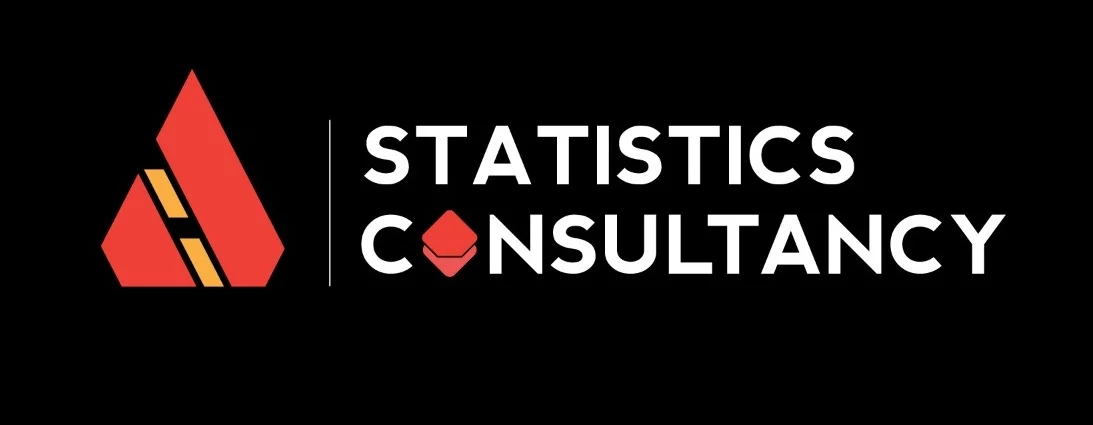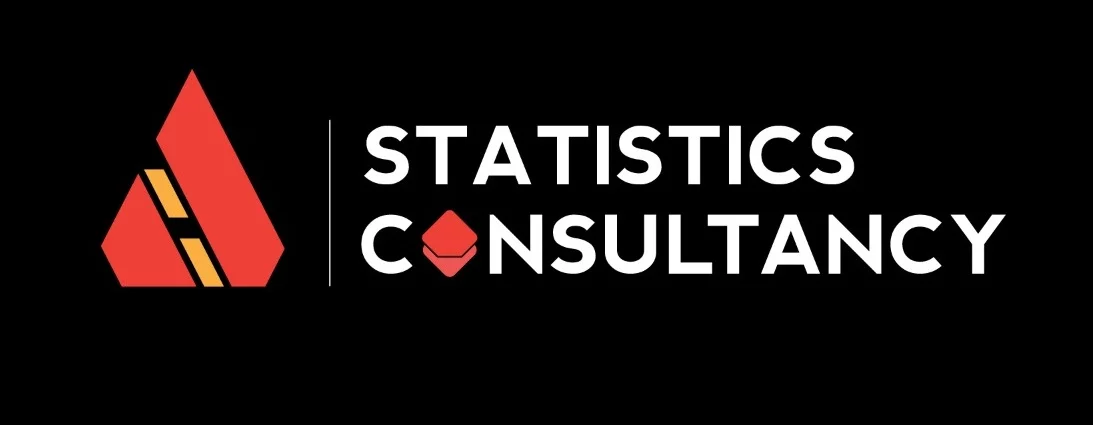Statistical Services
Meta Analysis is a non-experimental quantitative research approach that combines data from two or more experimental or observational studies with similar or related hypotheses. At Statistics Consultancy, every aspect of our work concerning your Meta Analysis is focused on this method.
Our Statistics Consultancy meticulously plans your Meta Analysis, prioritizing careful attention and diligence. Various guidelines exist to ensure the comprehensive execution of meta analyses. The most commonly favored frameworks for reporting Meta Analyses include the Preferred Reporting Items for Systematic Reviews and Meta Analyses (PRISMA) by Moher et al. (2009) and the Meta Analysis of Observational Studies in Epidemiology (MOOSE) introduced by Stroup et al. (2000).
Statistics Consultancy combines, condenses, and evaluates past empirical research findings:
We conduct comprehensive Meta Analyses using a wide range of data sources, including MEDLINE, EMBASE, Cochrane, Cancer Lit, AIDS Line, and ToxLine, among others. Meta Analysis is a rigorous approach in epidemiological study design that systematically evaluates previous research studies. It offers a more precise estimate of treatment effects or other outcomes compared to individual studies by aggregating and analysing their results. Meta Analysis has been recognized as a powerful analytical tool in epidemiological research since as early as 1977.
At Statistics Consultancy, our team of expert statisticians provides assistance in analysing studies or variables, specifically examining the impact of variable x on variable y. This approach increases the statistical power of the analysis compared to simple subject pooling across studies.
In addition to our statistical services, we also offer consultancy services, including the evaluation and review of external meta-analysis. This service is particularly valuable in ensuring that a research study is prepared for review, which is crucial for achieving success in market access. Our consultancy services involve:
- Selecting the appropriate methodological approach.
- Identifying shortcomings in previous analyses and proposing practical solutions.
- Expanding the potential for a successful research outcome.
for Your Dissertation:
We offer assistance in conducting Meta Analyses for your dissertation, helping you:
- Determine the direction and magnitude of the effect.
- Assess the consistency of the effect across various studies and the strength of the evidence.
- Analyse the type of data outcome, whether continuous, dichotomous, or ordinal data, as well as time to event data.
- Utilize effect measures like odds ratios, risk differences, risk ratios, or mean differences based on the studies you provide.
- Quantify statistical heterogeneity.
- Choose between random effects or fixed effect Meta Analysis methods, or both.
- Address issues related to bias, missing data analysis (including intention to treat analysis).
- Examine potential publication bias through methods such as funnel plots and sensitive analyses.
- Present your findings effectively using tools like Forest plots.

Our Meta Analysis Service Features Include:
- Establishing the research paradigm.
- Developing a conceptual framework.
- Formulating the theoretical framework.
- Defining hypotheses.
- Designing the research methodology.
- Conducting Meta Analyses for observational, randomized, or prospective studies.
- Outlining the research procedure.
- Crafting an effective search strategy.
- Establishing inclusion and exclusion criteria.
- Assessing methodological quality and risk of bias.
- Extracting and synthesizing data using tools like RevMAN.
- Performing dichotomous comparisons.
- Evaluating heterogeneity.
- Conducting sensitivity analyses.
- Investigating potential publication bias.

types of Meta Analysis, including:
Once primary data is gathered from individuals through questionnaires or interviews (capturing attitudes, feelings, and personal experiences), we undertake the following steps:
- Direct Comparison: This involves pairing available evidence to assess the effects of one treatment against another.
- Simple Indirect Comparison: Individual Meta Analyses or paired analyses' outcomes are used for straightforward indirect comparisons via a common element. Recommended analytical techniques ensure the validity of these analyses.
- Meta Regression: We strategically employ this technique to examine the impact of moderator variables on effect sizes, using regression-based tools. In certain cases, meta regression can yield more substantial insights compared to basic meta-analytical methods
- Network Meta Analysis: We have expertise in applying advanced statistical methods for conducting complex network meta-analyses. Network Meta Analysis is effectively used to summarize treatment effects, taking into account both direct and indirect evidence.
What Statistical Consultation Services We Offer at Meta Analysis Services?
We provide:
- A fully referenced statistical section for your Meta Analysis.
- A detailed plagiarism report.
- A complimentary quality report.
Requirements:
Before initiating a project, we will request the following information:
- The study's objectives.
- The target population.
- The geographical area of interest.
- The rarity of the studied sample.
- Specific parameters (which may vary depending on the study).

